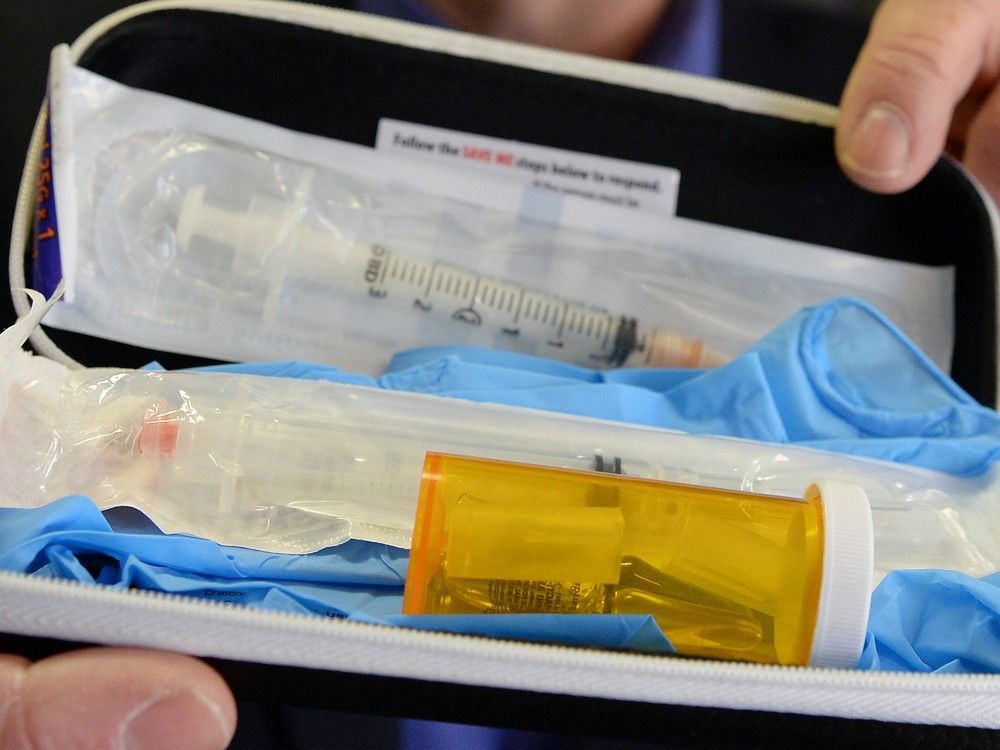
Only it’s not a rule at all. It’s a bit of pseudoscience that draws upon the Pareto principle from business management. This principle, also known as the “law of the vital few”, states that, for many outcomes, roughly 80 per cent of consequences come from 20 per cent of causes.
For example, most traffic to news websites comes from a small number of articles. Or most workplace accidents can be traced to a small number of hazards. The four-to-one ratio is inspired by an observation by economist Vilfredo Pareto a century ago that 80 per cent of Italy’s land was owned by 20 per cent of the population.

The 13-year-old boy at the centre of Adolescence, Jamie Miller (played by Owen Cooper), and his friend Ryan both allude to the 80/20 rule as a root cause of their resentment – which leads in the drama to a horrifying crime. The characters may be fictional but belief in the “law of the vital few” is very real – and perhaps much more widespread than we realise. In his autobiography Hope , Pope Francis quotes Lanza del Vasto, a poet and anti-war campaigner, who said the worst lie – the greatest and most dangerous lie – is “truth minus one”.
“Not truth,” Francis observes, “but its contrived appearance, its comic or dramatic distortion”. [ Adolescence: Five truths about our teenage boys we need to address urgently Opens in new window ] The 80/20 rule is truth minus one. It has a veneer of truthiness.
Part of that is down to how we measure truth these days, and specifically the reduction of truth to data points. “The figures don’t lie,” we are told, and the emergence of online dating apps provides a wealth of statistics to fuel our insecurities. (How many swipes did you get this week? You can be sure it was fewer than our top performing 20 per cent, you loser!) But the 80-20 rule has a wider context.
It is an example of “bad science justifying bad behaviour” – a phenomenon that has spread to numerous fields. Darwinian evolutionary theory is used to justify Social Darwinism – the idea that society should be ordered in accordance with “the survival of the fittest”. Genetics – the science of the so-called “selfish gene” – is used to portray selfishness as a natural and proper instinct.
Psychology – the study of how thoughts are formed – is used to justify moral relativism, or the idea that “there is no such thing as right or wrong”. This kind of “bad science” is sometimes called scientism. It combines a very superficial understanding of scientific knowledge with a belief that all we know is what can be shown by statistics.
The rise of the TED Talk – the packaging of complex topics into bite-sized “learnings” – has fuelled the spread of scientism. Authors like Malcolm Gladwell have made a fortune dressing up the banal and baloney into life-hacks. His bestselling book The Tipping Point helped to popularise the 80/20 rule.
The Pareto principle, he claims, is one of “three rules of epidemics”, or three “agents of change”, that dictate the evolution of humankind. Gladwell’s books have sold 23 million copies in the United States alone. It is not enough for us to say the 80/20 rule of dating is unfounded.
We need to understand just why we are so susceptible to this kind of nonsense. Consider a more wholesome application of the Pareto principle. A psychologist writing in Forbes recently suggested it could be applied to loving relationships: “Rather than spreading emotional energy thinly across every interaction, understanding which 20 per cent of your efforts make the most impact allows you to focus on what truly strengthens your bond.
” Or here’s a different application – one that boys and men lacking in self-confidence might like to hear. Focus on the 20 per cent of your characteristics that are strong points, and don’t worry about the other 80 per cent. If you’re not particularly buff (I’m raising my hand here) that’s okay, because you have some great qualities – and that relatively small fraction is all you need to get incredible results in life.
[ All the lonely men: how to survive the ‘friendship recession’ Opens in new window ] Either of these can be seen as more appealing interpretations of the Pareto principle. However, bear in mind Pareto never claimed the 80/20 ratio could be generalised, or used in any way as a predictive tool. He just made an observation.
Business academics using some flaky methodology turned it into a “law”. Bad science can be used to support both comforting claims and toxic ones. It’s the toxic claims we really need to worry about.
But, in this age of algorithms, there is a broader risk of data being used as a tool of distortion. Gladwell himself recently admitted to making certain errors in The Tipping Point, acknowledging, for example, that he was “wrong” about the “broken windows theory” (which suggests serious crime is best prevented by having zero tolerance of petty offences). As technology advances, the risk of drawing over-simplistic conclusions from statistics will grow.
Perhaps this can be called Gladwell’s law..















